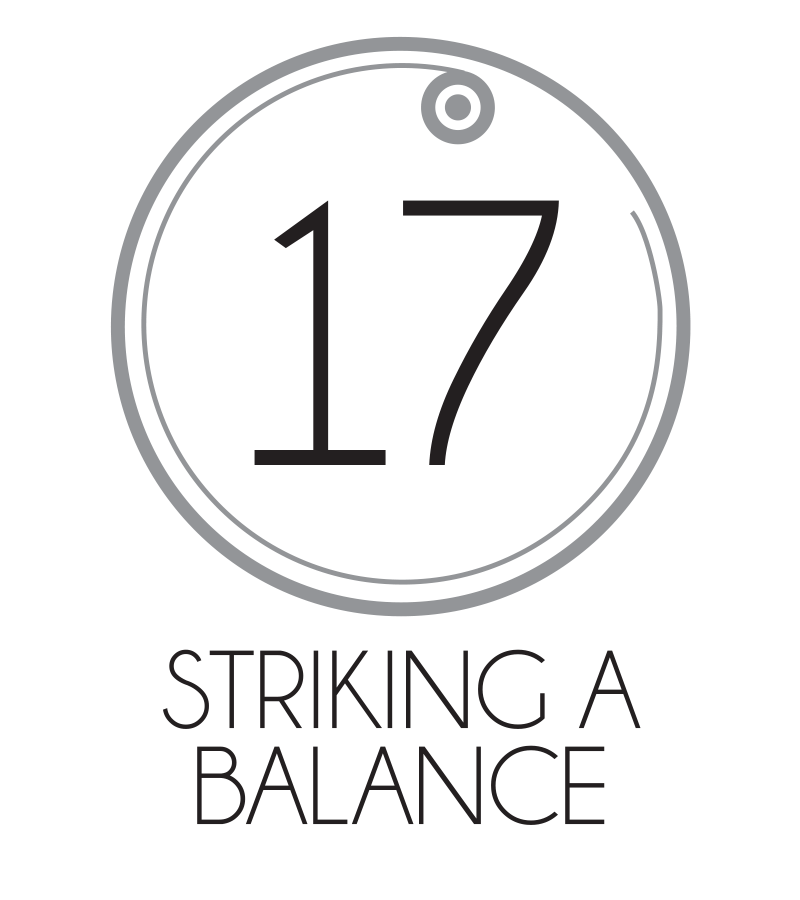
 oodwin waited atop his favorite tower in the Citadel, swirling a glass of arterial-red wine. His balcony was sheltered from the brutal suns by a cascading ceiling that looked like a melted candle, with hardened gobs and streams of dripping iron—a waterfall of molten metal frozen in time. High gnarled parapets blocked out the fierce gusts of wind, making this spot a strangely serene refuge within the otherwise ghastly fortress. Goodwin came here often to clear his mind and take in the glorious, panoramic view of Mehk.
oodwin waited atop his favorite tower in the Citadel, swirling a glass of arterial-red wine. His balcony was sheltered from the brutal suns by a cascading ceiling that looked like a melted candle, with hardened gobs and streams of dripping iron—a waterfall of molten metal frozen in time. High gnarled parapets blocked out the fierce gusts of wind, making this spot a strangely serene refuge within the otherwise ghastly fortress. Goodwin came here often to clear his mind and take in the glorious, panoramic view of Mehk.
It was a land brimming with promise.
The Citadel was surrounded by moors of harsh serrated ore, choked with barbed-wire brambles and drowning in foul lagoons of rusty sludge. It was an ideal strategic location because no one could approach from any direction without being spotted a great distance away. These dead lands were haunted with history, eons of misery that struck fear in the hearts of mehkans. Just to the west were the peaks of the Vo-Pykaron Mountain Range, stormy blue formations draped in an ominous leaden sky. And to the distant south lay the Mirroring Sea. He could stare at the silvery surge for hours, entranced by its hypnotic pulse—a vast, glittering expanse of liquid metal destined to shatter over and over against the midnight-black shore.
Approaching boot steps clicked on the floor behind him, but Goodwin did not turn. There was a scrape and a scuffle as someone was forced into a chair.
“Does that bottle look familiar?” Goodwin asked. He held up his glass to admire the wine’s velvety, ruby hue. “It was given to me on my sixtieth birthday, a present from my dear friend Doctor Jules Plumm. An 1864 Chequoisie—a truly remarkable gift.” He took a luxurious, unhurried sip. “Whatever happened to that man?”
The Chairman turned around. Jules was seated at a table adorned in white linen, topped with the extravagant bottle and a glass goblet. Behind him glowered Kaspar. Jules’s features were drawn and taut, but a smile ghosted on his chapped lips, and his eyes twinkled bright behind his crooked glasses.
“I don’t know,” Jules said, “but I’ll drink to his passing.”
Goodwin chuckled softly and nodded. “I thought you might want a taste.”
Kaspar plucked the bottle up and poured him a glass.
“It is almost a shame to enjoy it here,” Goodwin said as Jules drank deeply. “I find the air here disrupts the fragile nose of a delicacy like this. Ah well. Are you hungry? I could have something else sent up, if you like.”
“I seem to have lost my appetite,” Jules muttered.
“Good, down to business then.”
Jules emptied the rest of his glass in one gulp. “Thanks for sharing, James,” he said as he wiped his cracked lips. “But your pet monster and I are late for another delightful interrogation session, so if you’ll excuse us—”
He tried to rise, but Kaspar roughly shoved him back down.
“Please,” sighed Goodwin. “Stop this charade. Seeing you like this pains me, it really does.”
Jules spat out a hollow laugh.
“I have been patient with you,” the Chairman said. “But no more. Talks are failing. I received notice just this morning that Trelaine is following the Kijyo Republic’s lead and has begun to pull their ambassadors from Albright City. They are now the third nation of the Quorum to do so.”
“They won’t be the last,” Jules warned.
“I will not allow another conflict.”
“We’ve given them little choice.”
“On the contrary, we have done everything in our power to accommodate them. We lifted key embargos, lowered tariffs, especially where the Trels are concerned. And yet still they are insatiable. The Quorum will not be content until they have what is rightfully ours. But there can only be one Meridian.”
“Or no Meridian at all.”
“And you wonder why you are under suspicion of treason? Don’t be naïve. Meridian will never fall, not with the Foundry as her guardian. We ensure peace because war is bad for business.” Goodwin savored another taste of wine and surveyed the landscape once more. “But how can I maintain it when you seek to undo all we have worked for? Sabotage, conspiracy, and provocation—those who work against the Foundry never succeed, Jules. You know this. We cannot tolerate defectors.”
“Is that what you think I am?”
“No, you are much more.”
Goodwin set his wineglass atop the dark gold parapet. It was balanced precariously, paper-thin crystal resting hundreds of feet above the dead lands.
“We live in a fragile time,” Goodwin mused, tracing the edge of his glass. The wine shimmered within as he nudged it closer to the edge of the rampart. “Every one of us, every choice we make is a grain of sand on the scales. All it takes is one grain, one mistake to send us crashing into oblivion.”
The glass wobbled, then tipped, but Goodwin stopped it before it fell. A few drops plummeted into the barbed-wire brambles far below.
“You have been working with Trelaine. What you have told them?”
“After twenty-seven years of devoted service, you believe I would be so foolish as to compromise our security like that? You know me better.”
“Kaspar,” said Goodwin with a casual gesture. The grim soldier stepped forward and withdrew a Scrollbar. He slid the nickel-plated rods apart to reveal a handheld Computator screen that displayed a document. “You are one of my oldest friends and most trusted partners,” Goodwin continued, his voice heavy with regret. “Do you deny this is you in these Dialset transcripts? We have not yet decrypted the other voices, but they are undoubtedly Trelainian accents.”
Jules studied the glowing Scrollbar screen, the words reflecting in his spectacles. “I swear to you. This isn’t what you think.”
“Then explain. We do not have the luxury of time.”
A long silence descended, punctured only by the cold creaking of Kaspar’s leather gloves as he flexed his hands.
“The truth…The truth is, I’ve had enough,” Jules said in a broken voice. “I can’t do this anymore. Ever since Olivia…” He took a heavy breath and tried to compose himself. “I was seeking asylum in Trelaine for Phoebe and me, and these calls you intercepted are of me trying to arrange safe passage.”
Goodwin assessed Jules with a calm and unyielding expression.
“I’ve been suffering, James. I was looking for a way out.”
“I am sympathetic to your hardship, I always have been. I, too, am no stranger to suffering, but it is inevitable—an unfortunate fact of life. Sometimes even necessary, when it is in favor of the greater good.”
Goodwin strolled behind Jules.
“Take Kaspar.” He laid a hand on the soldier’s armored back. “Think of what he has volunteered for, what he has willingly endured and suffered for the Dyad Project, for the benefit of the Foundry. And yet he doesn’t go crawling into the eager arms of our enemies. His loyalty remains unbroken.”
“I am not Kaspar. I am a husband. And a father.”
“What did you offer them in exchange?”
“My life’s savings.”
The Chairman narrowed his eyes at Jules. “You expect me to believe they have no interest in your tenure at the Foundry?”
“I secured diplomatic immunity. My secrets are protected by Trelainian law,” Jules said defiantly. “I knew my actions would make me a fugitive, but it was never my intent to become a traitor. I have been loyal every day of my life.”
“To whom?” The kindness that had warmed Goodwin’s words was gone. “What about last month? April the twelfth and twenty-third, were you loyal to us then?”
Jules did not answer.
“The work you did to cover your tracks was ingenious. It took a data team several days to decode the phony paperwork, but there is no account of your true whereabouts. Whom did you meet with, and what did you tell them?”
“I told you, I haven’t said a word,” Jules said defiantly.
Goodwin leaned in to study Jules’s gaunt face. “You force me into an unfortunate position. What would you have me do?”
“Let us go to Olyrian Isle. Give me an early retirement. I understand I’ve forfeited my civilian life, but in the protected isolation of a Foundry settlement you can rest assured that I’ll have no contact with the outside world.”
“The Isle is for those who have earned the privilege of enjoying their remaining years in peace after a lifetime of devoted service. Do you deserve such an honor?”
“Then at least send Phoebe there. All I care about is keeping her safe.”
“Would that I could.”
Jules opened his mouth to say something, but Goodwin took the Scrollbar from his hands and called up something else on the screen. It was a grainy surveillance video playing in a short loop. Jules stared at it, and his brow furrowed. It took him almost a full minute to comprehend what he was seeing.
That momentary hitch in his voice, those tears that were brimming in his eyes only moments ago, they had all been quite convincing. Yet as Goodwin read the man’s face now, blanched and panic stricken at this unexpected horror, he knew for certain that it had all been a ruse.
“The children have been lost in Mehk for nearly a day,” stated Goodwin.
“How…how could this be?”
“Like her father, Phoebe appears to be resilient—and foolhardy. There is no guarantee we will be able to locate them in time.”
Jules could not tear his eyes from the monitor. His hands were shaking. Goodwin sat down beside him and pulled his chair close.
“If you truly care about your daughter, then cooperate. Tell us the truth about your exchanges with the Trels. Then you can lead the charge to find Phoebe. We will broadcast your voice across Mehk, blanket the territories, and the children will be sure to come to you. But we must act fast,” Goodwin said, finishing his last drop of wine. “The scales are tipping.”
Jules sank in on himself. He nodded almost imperceptibly.
“That will be all, Kaspar,” the Chairman said.
The silent soldier offered a bow and tossed something onto the table in front of Jules, an object that had been balled up in his fist. Kaspar left the two men on the balcony, and Goodwin poured himself another glass of wine.
Jules was focused on the crumpled object as it unfolded before his eyes. It was a battered piece of black leather with a silver strap. Phoebe’s shoe.
“I am listening,” Goodwin said.